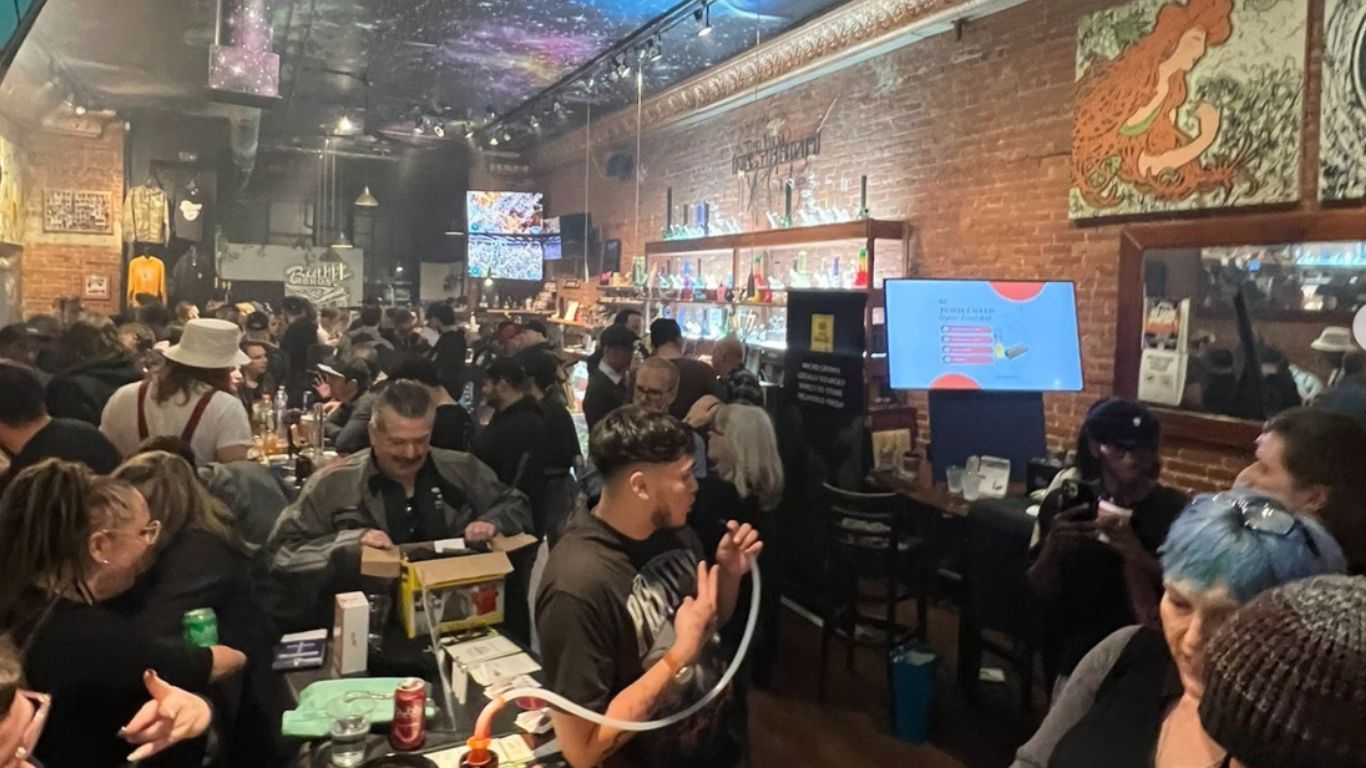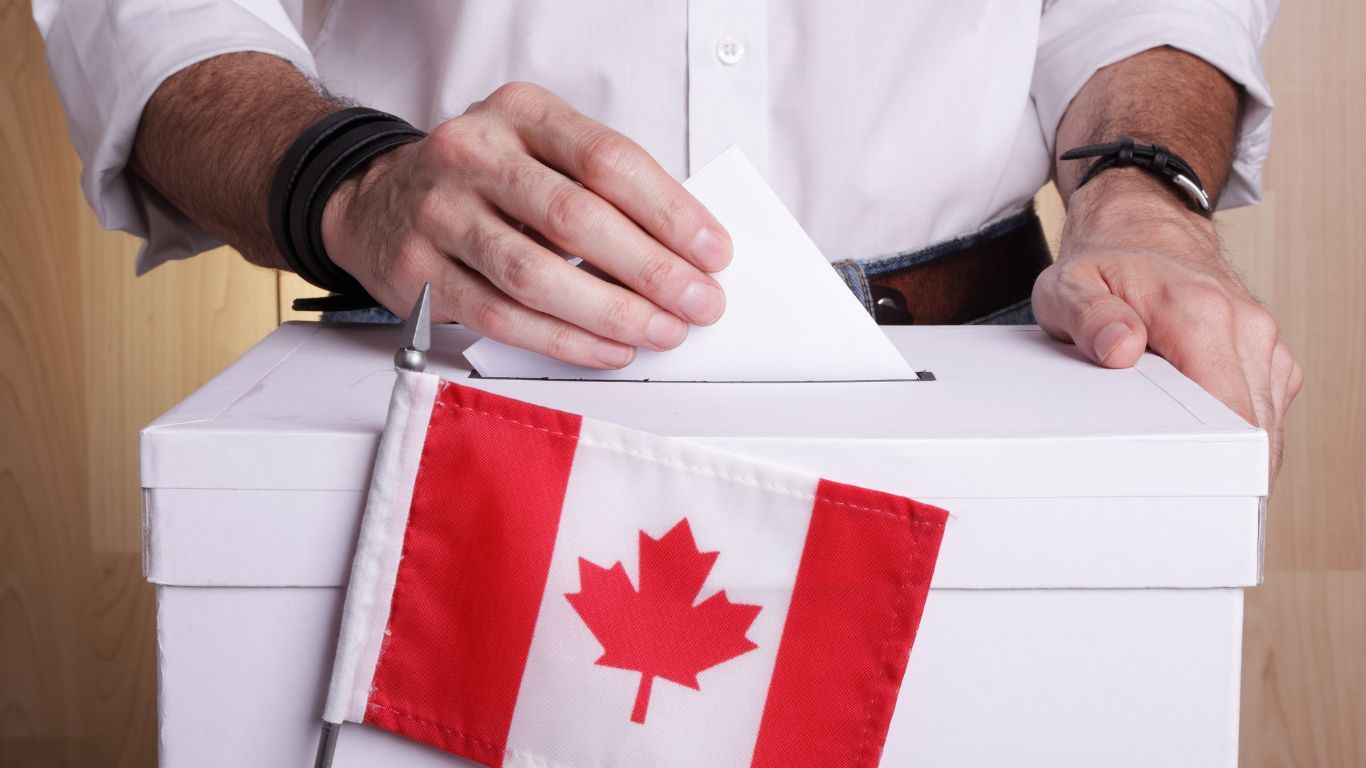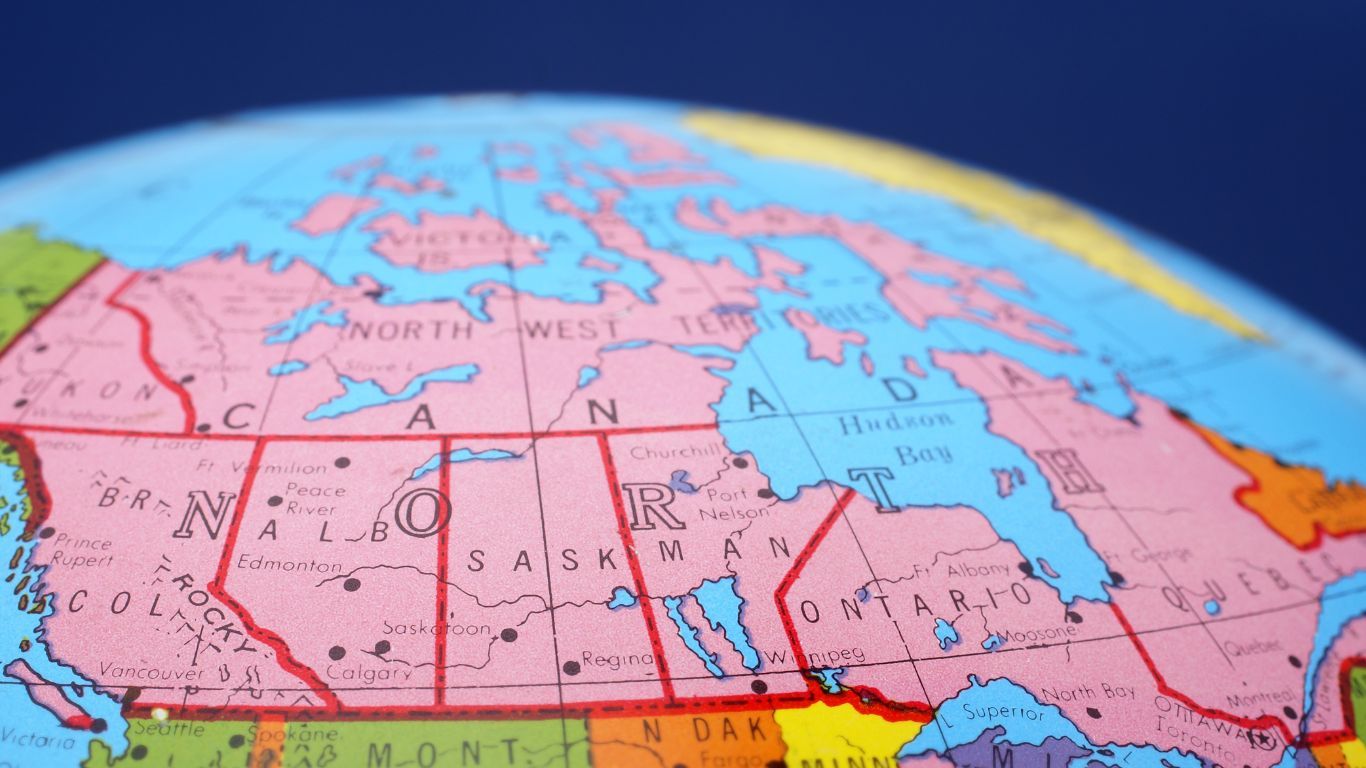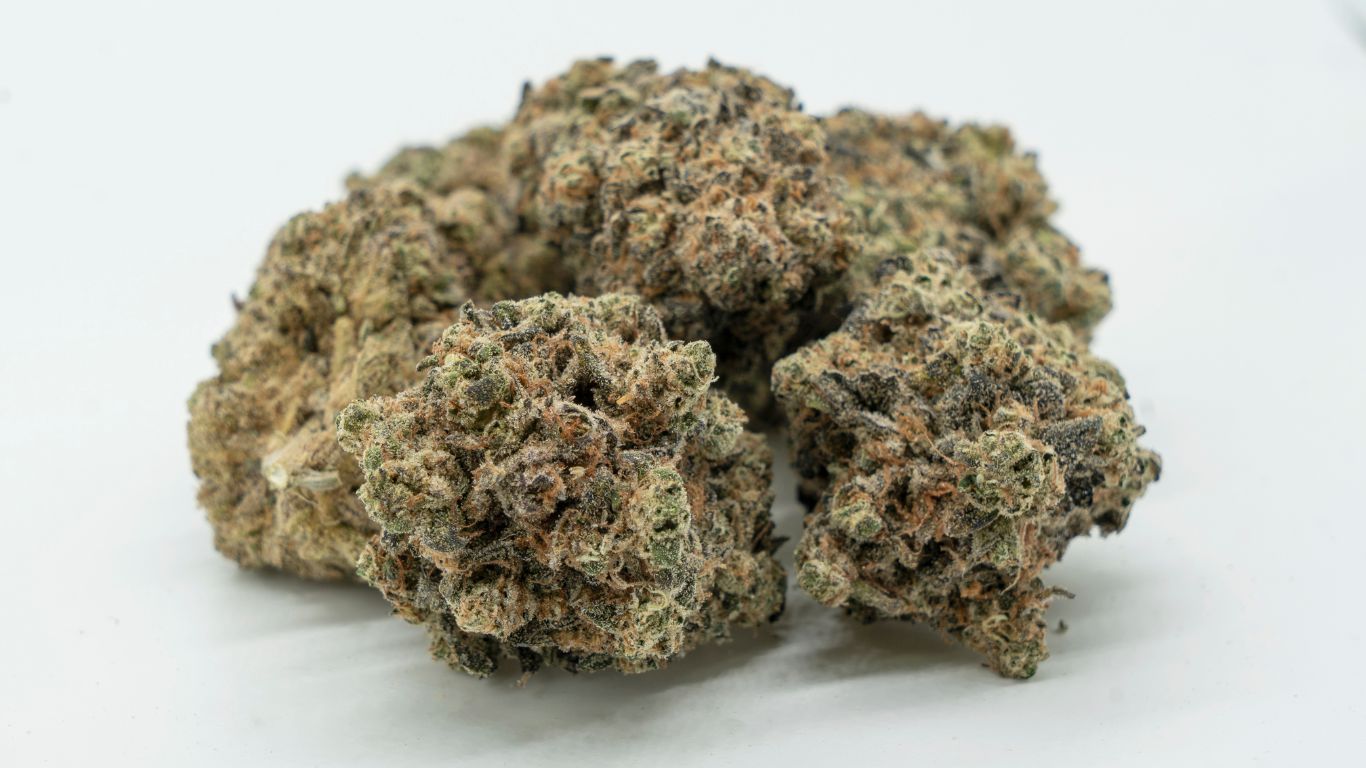
After much consultation and a lot of waiting, British Columbia released its What We Heard consultation report on the possibility of cannabis consumption lounges in January. The results were somewhat predictable: cannabis consumers and those connected to the industry were generally in favour, while non-cannabis users were against the plan.
Public health and law enforcement, for their part, expressed similar concerns they’ve had all along with legalization: health consequences, keeping it out of the hands of young people, and increased rates of impaired driving.
It was far from the slam dunk that some in the industry were hoping to see, and it paints a cloudy picture of the future of consumption spaces. To many, the lack of spaces available to publicly consume cannabis remains one of legalization’s pieces of unfinished business. “This lack of consumption spaces is alienating,” wrote Amanda Siebert last year, “and it continues to stigmatize the plant long after we’ve been told it’s okay to partake in our substance of choice.”
I think there’s a huge opportunity, and we should be advocating for safe spaces to consume and have more educational opportunities to learn more about safe consumption.
Alannah Davis, Dabble Cannabis Co.
But if BC’s report is anything to go by, it’s hard to conclude that dedicated consumption cafes are, at this point, anything but a pipe dream. Consultation processes have failed to identify agreed-upon regulatory or business models for the sector, and politicians have been mostly apathetic towards reopening the question—in 2021, The Canadian Press reported that few provincial governments were even considering allowing them any time soon.
“We don’t have very high expectations,” says Alannah Davis, founder of Dabble Cannabis Co., which has a bed and breakfast located at the farm. She’s hopeful that one day the government will make just enough change to allow her to serve cannabis openly, both for special events like weddings or “burn and learns” as well as for everyday visitors. But it’s not something she’s banking on any time soon. “We’re all like, ‘well, they’ll give us some crumbs to maybe get by.’ … I think that they’ll give us a bare minimum scenario of outdoor smoking, festivals with an outdoor cannabis smoking area.”
Outdoor consumption has been one of the areas where consumption spaces have made ground in recent years. Many in the industry see opening up cannabis patios and gardens at special events, like concerts or festivals, to be the most likely first step in relaxing consumption rules.
Last summer, several festivals, including the Edmonton Folk Fest, offered smoking areas for cannabis users. In 2021, retail cannabis shop owner Laura Bradley even opened up a dedicated consumption space business in Grand Bend, ON, a small beach town on the shores of Lake Huron. Called Behind the Bend, it’s a standalone patio behind her retail store (called The Bend) that permits guests to smoke legally purchased cannabis on-site.
How did she manage to do so within existing regulations? “Very creatively,” she said. “I follow all the Smoke Free Ontario rules, the AGCO rules, the federal rules,” she said, admitting however that, “I wasn’t 100 percent confident” that the idea would fly. Municipal officials—keen to keep pot smoke off the popular family beach just down the road—have quietly approved of the business.
So far, though, these businesses have mostly been the exceptions that prove the rule, so to speak. Behind the Bend has been able to operate thanks to a unique set of circumstances and loopholes within the regulations. Festivals have successfully incorporated smoking gardens by not permitting on-site sales (and are likely helped by the existing prevalence of cannabis anyways). But to go from isolated examples to a full-fledged, regulated sector is a jump that regulators don’t seem keen—or ready—to make.
“There are loopholes,” says cannabis lawyer Matt Maurer. “And by loopholes, I mean there are locations that are suitable, and not technically prohibited.” It’s that ambiguity that has allowed something like Behind the Bend to operate successfully, he says, but notes that the legal questions around it are far from settled.
“If we just meet up in the parking lot once a week and smoke a joint, no problem,” he says. “If you turn that into a business, then the question from a legal perspective is, what’s the difference?”
Documents made public from Ontario’s 2019 consultation on potentially legalizing consumption spaces showed that there is little agreement, even among stakeholders, as to what form the hypothetical consumption lounge sector would take.
The Canadian Federation of Independent Businesses wanted to see that “cannabis consumption establishments will hold exclusivity on commercial cannabis consumption.” Many cannabis retailers wanted consumption spaces to be extensions of their own existing operations, similar to what Bradley had done.
Restaurants Canada’s submission suggested that restaurants and bars “would be a natural provider” for edibles and beverages. The Consumer Choice Centre wanted to see the government take the maximalist position by allowing cannabis sales by anyone licensed to sell alcohol. With public health and law enforcement also expressing their own concerns, and with little evidence of clear support for the sector, the plan was shelved by mid-2020 (though COVID likely pushed the topic to the backburner).
Some are still optimistic that, despite tepid political support, change to the rules could be coming faster than we think.
“I actually think you’ll be surprised,” said Nathan Mison of Diplomat Consulting, who has been focusing in particular on persuading Edmonton’s city council to include zoning for cannabis consumption businesses. “My aspiration—and I truly believe this will happen—we’ll have on-site sales for cannabis at festivals this year, and in a perfect world, I think you’ll be looking at consumption spaces late Q4 2023, early 2024.”
Mison also believes that cannabis could easily be incorporated into the food sector safely—though that idea has gained little traction with regulators and doesn’t appear to really be a priority. “We’re talking about mocktails that are infused on-site, we’re talking about food that uses cannabis as a flavour agent, we’re talking about using terpenes for unique inventions,” he says. “We’re talking about a food and drink experience.”
If there’s any chance of that happening, though, it will require bigger, more traditional economic players to back it.
“My guess, based on discussions I’ve had, is if the big hotel and hospitality companies start pushing for it—if Maple Leaf Sports and Entertainment really start pushing for it, saying “we want to sell cannabis at Leafs and Raptors games” that governments would be more open to it, says Maurer. “The door opens with those special permits, and those hospitality, non-traditional cannabis companies, hotels and whatnot.” But he’s not holding his breath, as those sectors are still grappling with their own challenges coming out of the pandemic, and aren’t looking to take big swings right now. “Those organizations, so far they find it interesting, they’re curious, but they’re not beating down the government’s door to open up that source of revenue.”
The tourism sector is another ally that the cannabis industry might hope to rely on. Tourism has yet to recover to pre-pandemic levels, and many, like Mison, think that cannabis consumption spaces would be particularly appealing to tourists. “I think that there could be huge demand from a tourism angle to have these spaces, to create a draw not only to be able to purchase cannabis but to be able to go have experiences,” says Davis.
But for now, it’s a hurry-up-and-wait scenario, and would-be consumption space operators like Davis are growing frustrated.
“It’s a lot of lip service, in my opinion, to talk about how it could be a boon to our economy, and then not follow through with any movement,” she says. “I think there’s a huge opportunity, and we should be advocating for safe spaces to consume and have more educational opportunities to learn more about safe consumption.”











